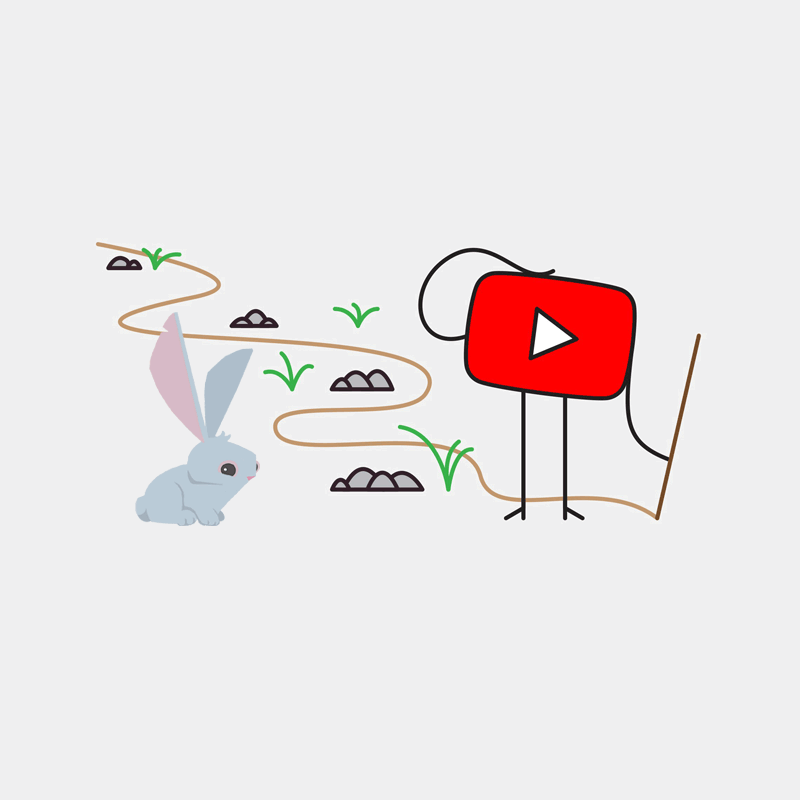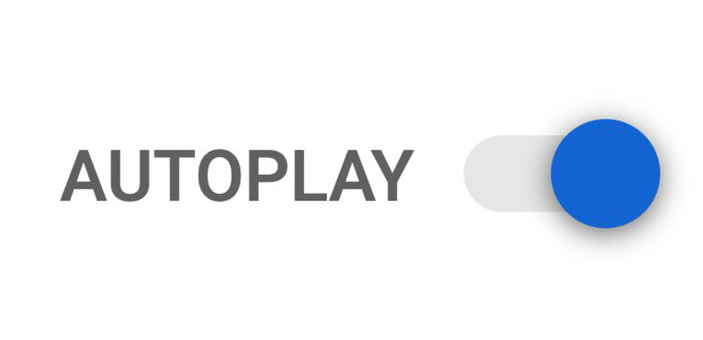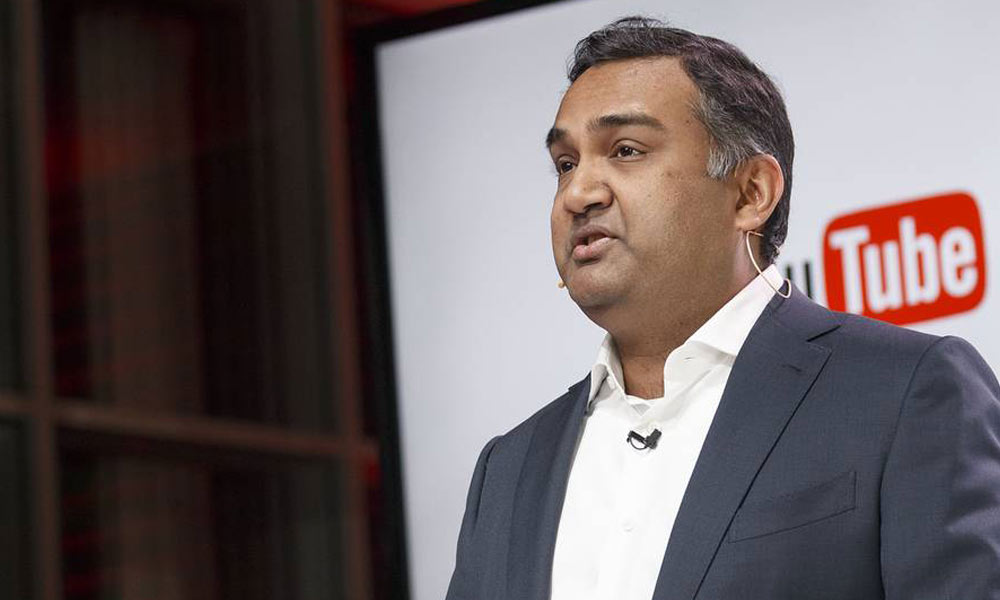
Internet services want users to stick around longer than they should, and this includes YouTube.
Among the ways the streaming giant entices users to engage more with its contents, is by using that 'Autoplay' feature. Turned on by default, the feature automatically plays a new video each time a video ends.
For YouTube that has its servers experience hundreds of hours of footage uploaded every second, users should have no end to contents. With Autoplay, YouTube will play videos after videos after videos and after videos, probably to infinity.
For good reason, the Autoplay feature encourages users to explore more of YouTube, discovering things that may otherwise overlooked.
But here is the catch. YouTube is full of absurd things. While there are certainly a lot of educational and family-safe contents on the platform, but there are also tons of misleading contents, hate, pedophiles, conspiracies and more.
Many of those kind of videos are prohibited, but somehow managed to be unseen by YouTube's filtering algorithms.
For example, viewing a video called "What is the Flat Earth Theory?" can often lead users down to a handful of extremist clips to a video called “Flat Earth theory PROVEN RIGHT — [Why ILLUMINATI and *NASA* Lied to Us] (and why they must die).”
A experiment conducted by BuzzFeed News found in one instance that it took just just nine steps through YouTube’s Autoplay "to go from an anodyne PBS clip about the 116th United States Congress to an anti-immigrant video from a designated hate organization."

In an interview with The New York Times, YouTube chief product officer Neal Mohan denied that the company has interest in pushing users toward misleading and extremist content.
“It is not the case that ‘extreme’ content drives a higher version of engagement or watch time than content of other types,” he said, suggesting that YouTube has grown so big, making it tough to balance user safety and information integrity with concerns about freedom of speech.
Mohan here, denies the existence of this so-called "rabbit hole effect", the metaphor used to describe an entry into the unknown, taken from its use in Alice's Adventures in Wonderland.
"I’m not saying that a user couldn’t click on one of those videos that are quote-unquote more extreme, consume that and then get another set of recommendations and sort of keep moving in one path or the other. All I’m saying is that it’s not inevitable."

But the thing is, this fact is indeed inevitable.
YouTube by default has configured its settings to make types of choices on behalf of viewers. What this means, when users actively click on what videos to watch, YouTube's 'Up Next' feature will suggest algorithms-curated videos as what users should watch next.
It's the Autoplay feature that takes them there automatically.
Here, the "rabbit hole" is kind of a opt-out situation.
However, YouTube can interfere with that, as Google, the tech giant that owns YouTube, is known to regularly turn this Autoplay feature on again every once so often.
AutoPlay video, from a consumer perspective, can be unsettling or annoying. It can also be one of the most hated digital ad tactic. It can also lead users to the unknown, to videos far from expectations.
But for others, this feature is a convenience. So haters, they may grouse all they want, as Autoplay videos on YouTube aren't going away anytime soon.
In fact, it will only become even more ubiquitous.
So like it or not, Autoplay wins.
